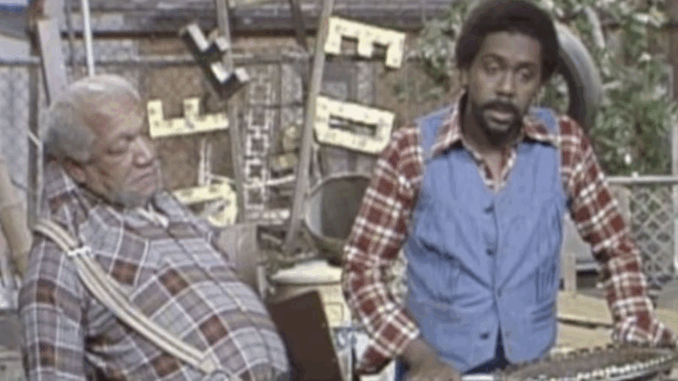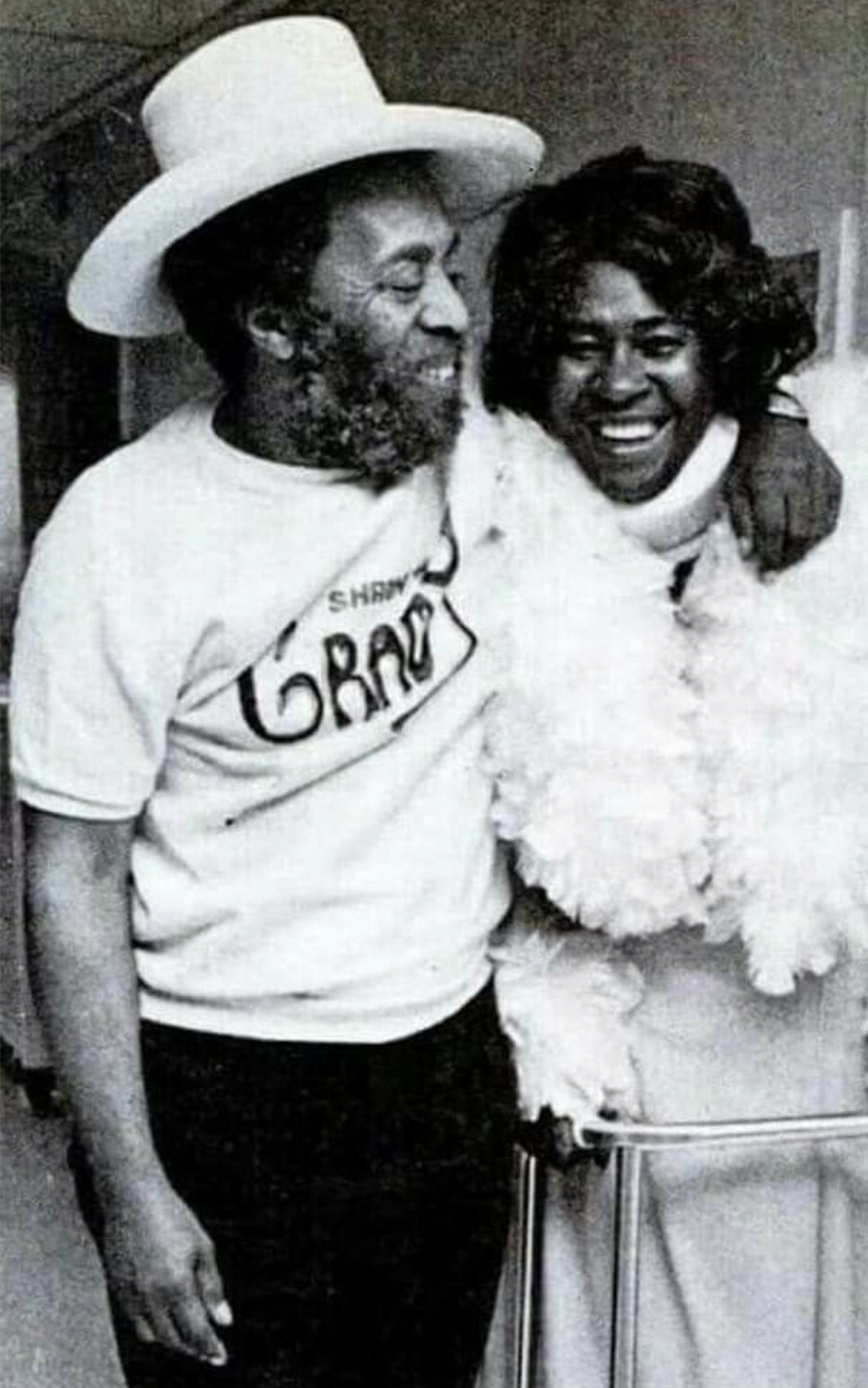
Before the iconic sassy comebacks of George Jefferson or the wild antics of Martin Payne, there was Fred G. Sanford, the cantankerous junkman whose sharp wit and hilarious schemes paved the way for Black sitcoms on American television. While often overshadowed by its successors, Sanford and Son was the first truly massive mainstream hit sitcom starring a predominantly Black cast, shattering barriers and creating a blueprint for an entire genre. Its legacy is far from forgotten by those who understand its profound impact.
Premiering in 1972, Sanford and Son was a groundbreaking show. It wasn’t just a sitcom; it was a cultural phenomenon. Led by the incomparable Redd Foxx as Fred and Demond Wilson as his long-suffering son Lamont, the series brought Black working-class life to primetime television with unprecedented honesty, humor, and heart. For the first time, millions of white American households tuned in weekly to laugh with, not at, a Black family whose everyday struggles and triumphs resonated universally.
The show’s massive success proved to network executives that there was a huge appetite for stories centered on Black characters and experiences. This undeniable proof of concept directly opened the doors for a wave of influential Black sitcoms that followed. It’s hard to imagine the existence and success of shows like The Jeffersons (which spun off from All in the Family and became a massive hit just a few years later), Good Times, What’s Happening!!, and later, the foundational The Cosby Show or Martin, without Sanford and Son first breaking ground and demonstrating widespread appeal.
Beyond its pioneering status, Redd Foxx himself used his newfound fame and influence to uplift other Black talent. A true champion of Black comedians and actors, Foxx was instrumental in bringing figures like LaWanda Page, who played the unforgettable, bible-thumping, “fish-eyed fool”-hollering Aunt Esther, into the mainstream. Page, a stand-up comedian herself, became a household name thanks to Foxx’s insistence, demonstrating his commitment to diversifying the faces audiences saw on television.

Sanford and Son‘s influence stretches far beyond just comedy; it shifted perceptions and broadened representation on television. It showed that authentic storytelling about Black families could be universally funny, relatable, and incredibly successful. So, the next time you enjoy a classic Black sitcom, remember to tip your hat to Fred G. Sanford and the trailblazing legacy of Sanford and Son – the unsung hero that truly started it all.